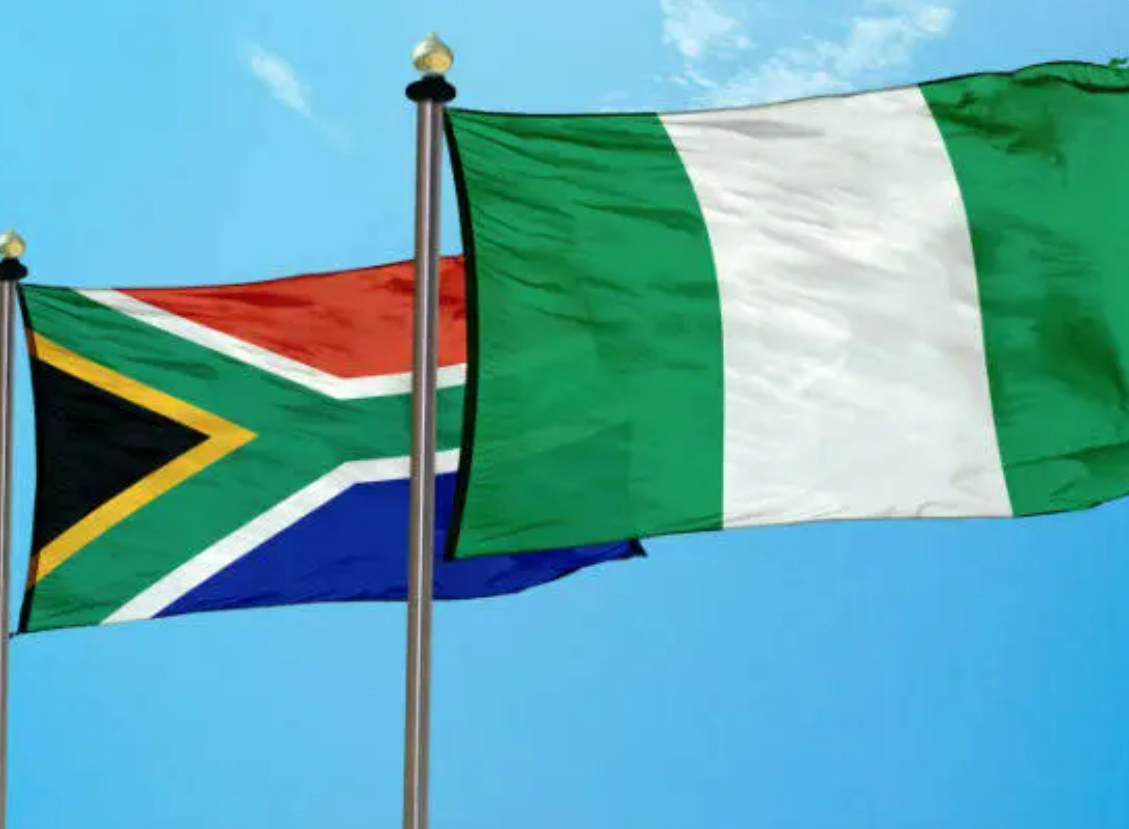Updates from the FATF plenary and new sanctions on Russia
Two of Africa’s largest economies and a G20 member, Nigeria and South Africa, have been added to the FATF’s grey list of countries with deficiencies in their anti-money laundering procedures. At the same plenary on 24 February 2023 in Paris, Morocco and Cambodia were both removed from the FATF’s grey list.
These changes are likely to be adopted formally by the UK and EU in further legislation, however it is worth considering these countries high risk from now given the FATF’s concerns.
Grey listing can have a serious impact on a country’s economy, IMF research suggests an average reduction in capital inflows of up to 8% of GDP, along with increased friction and increased costs of doing business. Grey listing can also impact correspondent banking relationships and the impact on developing economies can last for years. Grey listing had a significant impact on Turkey when it was put on the FATF watch list.
The UAE was added to the grey list nearly a year ago, and while the country has not yet been removed, the FATF noted that the UAE has made improvements. The UAE was commended for its high-level political commitment and focused National Action Plan to address the deficiencies the FATF called out. This includes increased reporting of suspicions and enforcement action, better inter-agency working and public / private partnerships to support the fight against money laundering.
For Nigeria and South Africa, the challenges to address, and the time it takes to get off the list, may be more significant. Nigeria is in the throes of corruption, with massive amounts of oil and gas revenue being lost to illegal activity while citizens suffer from power shortages. Terrorist funding remains another significant issue for Nigeria, with the Boko Haram terrorist group highly active across parts of Nigeria.
In South Africa, years of state capture has severely weakened the ability and capability of institutions to investigate and prosecute money laundering cases, or to confiscate the proceeds of crime. Both South Africa and Nigeria must improve the rule of law, going after the proceeds of crime and corruption, and implement better supervision of the regulated sector.
Specifically, Nigeria is expected to improve its supervision of both financial institutions and the non-financial sectors – which includes lawyers, accountants, casinos, real estate agents, trust and company service providers and dealers in precious metals and stones. The FATF has called on South Africa to improve risk-based supervision of Designated Non-Financial Businesses and Professions (DNFBPs).
Also at the Plenary session, an action plan on implementing global standards to deal with cryptocurrency and virtual assets was agreed to, along with the approval of a report on disrupting financial flows relating to ransomware and money laundering in the art and antiquities market.
There was also the suggestion that Qatar could be next up for being grey listed if it doesn’t continue with progress on AML.
Additionally, Russia was suspended from the FATF as a result of its continued war in Ukraine. With the conflict now entering its second year, the UK government have implemented a new round of sanctions including further bans on the export of aircraft parts, radio equipment, and electronic components that can be used by the Russian military industrial complex, including in the production of UAVs. Another 92 people and entities are subject to asset freezes, including Bank St Petersburg JSC, Bank Uralsib PJSC, Bankzenit PJSC and MTS Bank PJSC as well as a number of individuals including senior executives at Rosatom and other state owned entities. And restrictions which are placed on Crimea, Donetsk and Luhansk will also cover the Russian occupied areas of Kherson and Zaporizhzhia.








